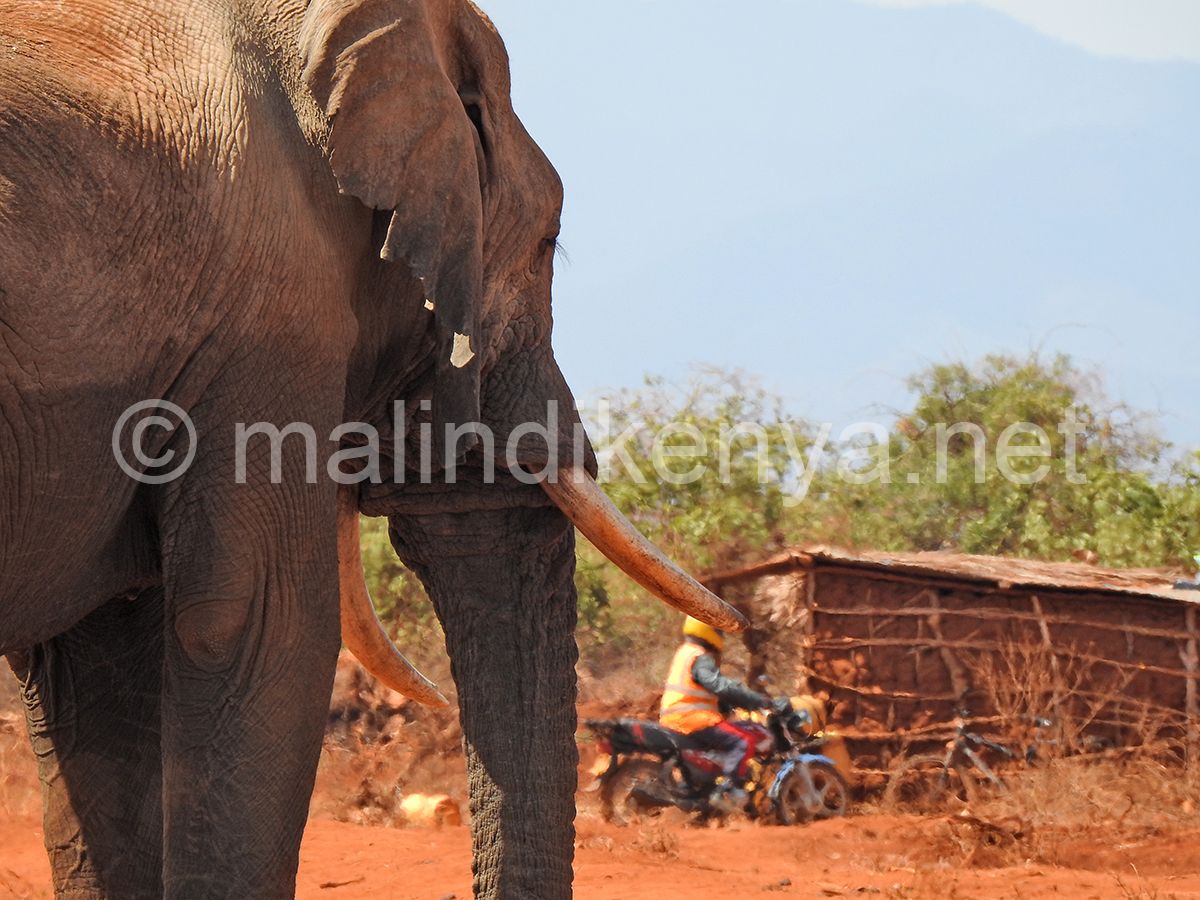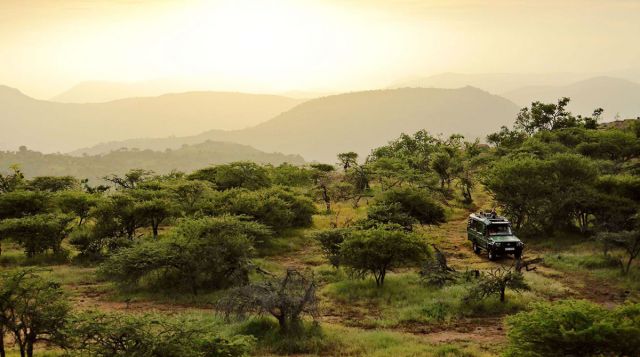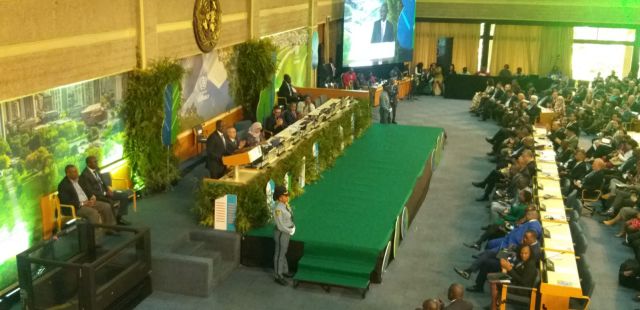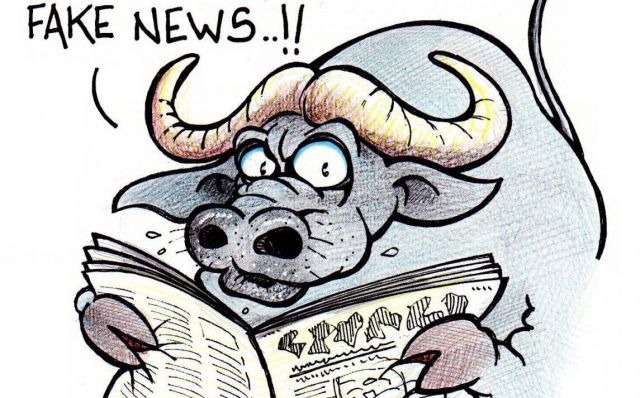
ENVIRONMENT
10-02-2024 by Freddie del Curatolo

Who knows if the history of planet earth, after millions of years of geological eras, glaciations, caataclysms, evolutions and revolutions, does not foresee animals regaining control of their natural habitat to the benefit of humans who have reduced it, environmentally speaking, to its lowest level.
Certainly, at least judging from Kenya, some signs are there, and they come from the conflicts between humans and animals caused by the increase in human settlements where herbivore and predator species still live freely, and urbanisation.
Every day the national news presents a story, often tragic, of close encounters between animals that live close to built-up areas, villages and communities and often feel threatened, or of specimens that have been denied supplies because trees have been cut down and the ecosystem that nourished them has disappeared.
There are many incidents mentioned by newspapers and the media, or reported by non-governmental organisations and the Kenya Wildife Service.
Since the beginning of the year, there have been numerous attacks by hungry hyenas in the hinterland of the capital Nairobi, targeting mainly young students walking to school early in the morning. The phenomenon is so widespread in the rural areas of the cities expanding into the savannah, that KWS itself decided to implement an information campaign, with leaflets and posters.
This week on the outskirts of Isiolo, the reference town in northern Kenya, on the road to the Samburu region, a couple, husband and wife, were attacked by a lion while working in the fields and managed to save themselves, despite serious injuries to both of them, because the farmer had a machete with him and eventually managed to make the animal stop mauling his wife.
The urban area of Isiolo has also been attacked by elephants several times in the previous months. Some time ago, they broke into a school and destroyed the large vegetable garden that contributed to the students' daily diet.
Finally, two days ago, residents of Kisumu County, the capital of Lake Victoria and Kenya's third largest city, reported to KWS their anxiety and fear over the exponential increase in the number of hippos crossing their villages in the early morning and in the early hours of the morning.
In addition to fearing for their fate, the inhabitants of the areas bordering the lake also see their arable fields destroyed. According to experts, the invasion of the hippos is due to the enlargement of the Lake Victoria reservoir.
Instead, the situation near Amboseli National Park remains complicated, where the Maasai communities are seeing their herds, which often represent their only source of income, threatened by lions moving in search of easy food, as they have fewer and fewer plants and bushes in the savannah where they can hide and ambush the faster herbivores that are tasty to them. So they settle for beef, especially since cows and calves cannot escape.
The Maasai population living in safari areas, by law, should be compensated for the loss of livestock to the felines, but often the process is so lengthy that, as happened last summer, the herders prefer to take the law into their own hands and, as happened decades ago, when lions were ten times more numerous than today, kill those who devoured their cows.
There are no big solutions, other than to create, as happens in other African states, kilometre-long fences in every park and reserve, even reducing the space, but making sure that the animals have everything they need without them feeling the need to venture outside.
Until man, with his wonderful way of life and his idea of preserving the planet, finally decides to go extinct. Unfortunately for lions, hippos, elephants and hyenas, this will not happen before a few centuries.
And if, as the Nomads sang, 'we will not be there', Africa will somehow still be here and smile mockingly.
SAFARI
by redazione

The return to the big screens of the King of the Savannah, this time in flesh and...
UN-HABITAT
by Freddie del Curatolo

Uncontrolled urbanisation, difficulty in accessing decent housing, human-animal conflict. Problems...
TOURISM
by redazione

Kenya ranks first in the special ranking of long-range destinations where to spend your honeymoon, according to...
by redazione

The decision was announced yesterday by the President of the Republic of Kenya, Uhuru Kenyatta and...
ENVIRONMENT
by Leni Frau

Saturday, June 8th, the initiative of the group of responsible Malindi residents, with associations and civil society involved as
LIVE SHOW
by redazione

The buffalos of the savannah with their majestic dignity and the verve of perennial pissed off, but ...

It 's true, as he wrote Ryszard Kapuscinski, one of the most precise thinkers and evocative of Africa, the story, the Black Continent, is transmitted orally and legend becomes myth, but the culture, prose and literature need of paper, of pages,...
NATURE
by Leni Frau

The most prestigious international magazine (and tv channel) of Nature has decided that the...
SUSTAINABILITY
by Freddie del Curatolo

Italy was among the leading nations at the second assembly of the United Nations programme...

Nakuru National Park is located in Kenya's Rift Valley Province, about 160 kilometers northwest of...